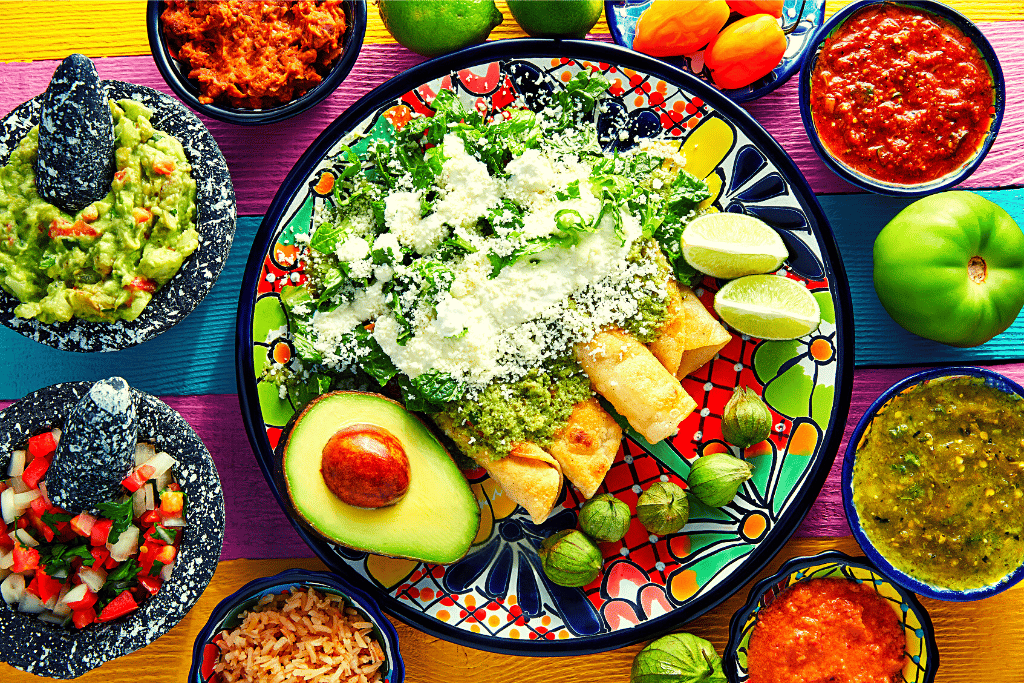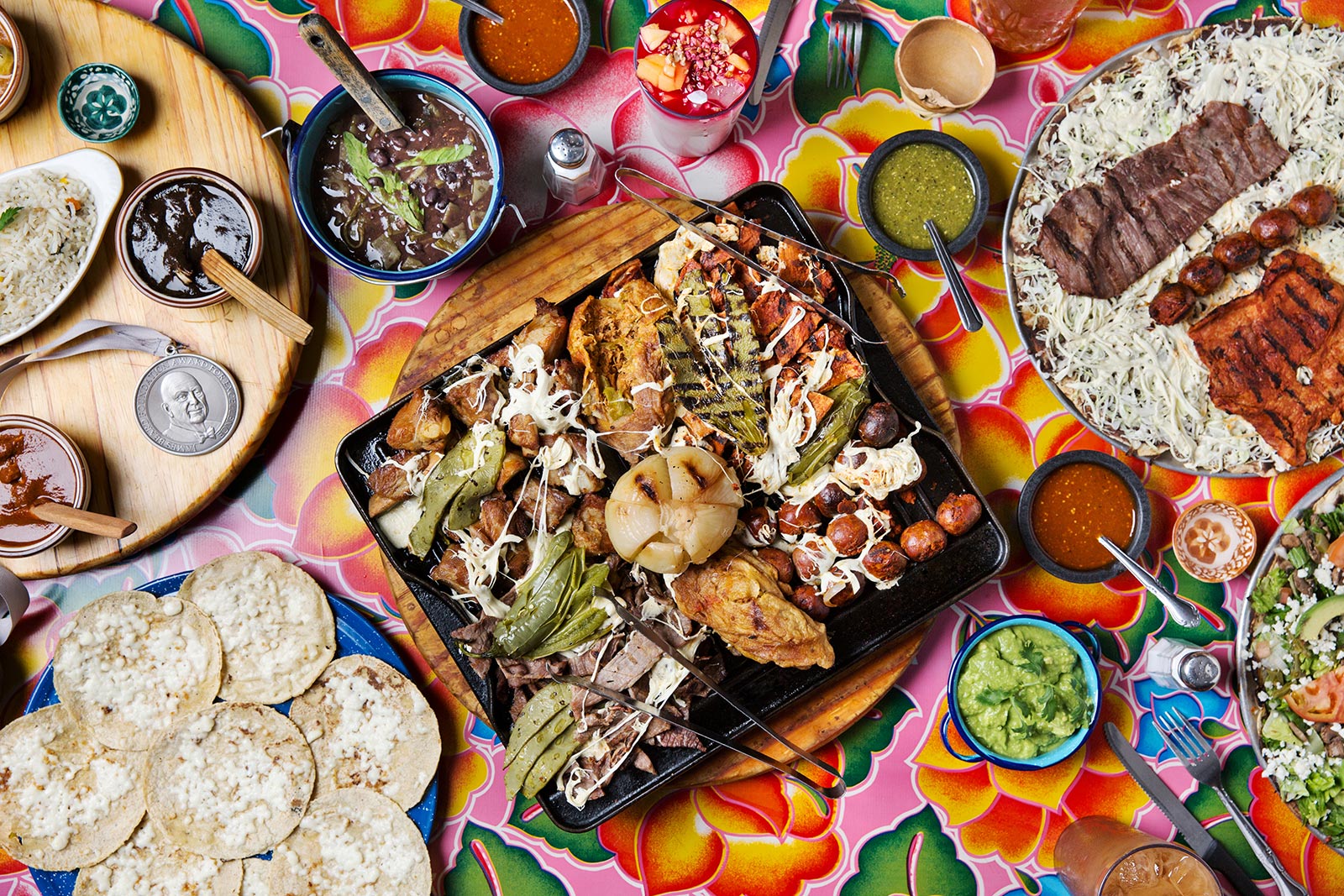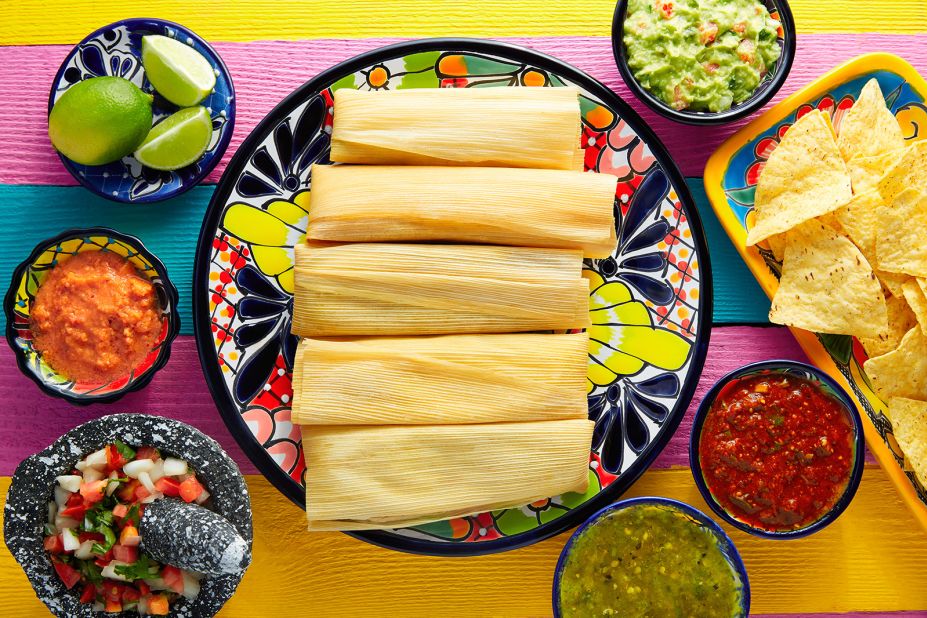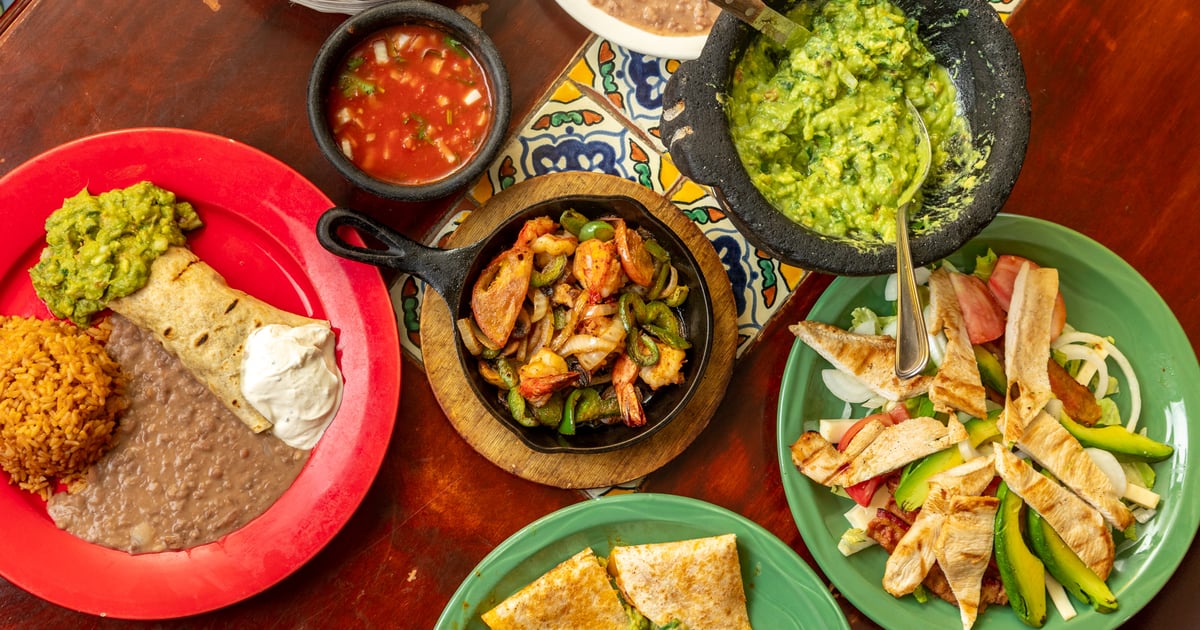
Is Mexican Food Healthy
Is Mexican Food Healthy? Exploring the Nutritional Riches and Wise Choices
Mexican cuisine, with its vibrant colors, bold flavors, and rich cultural heritage, has become a global phenomenon. However, it often gets labeled as unhealthy due to the prevalence of high-calorie dishes like nachos loaded with cheese or deep-fried chimichangas. But is this perception truly reflective of the entire culinary landscape? Is mexican food healthy?The answer is not so black and white. While certain Mexican foods can indeed be calorie-dense, many others are brimming with nutritional benefits when prepared using fresh ingredients and consumed in moderation. This blog post will delve into the heart of traditional Mexican food, examining its healthfulness and offering tips on how to make healthier choices while still relishing its delightful tastes.
Understanding the Basics of Traditional Mexican Cuisine
At the core of authentic Mexican cooking lies an array of wholesome ingredients that contribute significantly to a balanced diet. Beans, a staple in Mexican meals, provide ample fiber which aids digestion and helps maintain satiety. Fresh vegetables such as tomatoes, peppers, and onions are not just flavor powerhouses but also packed with vitamins and antioxidants. Furthermore, herbs and spices like cilantro, cumin, and chili powder infuse dishes with robust taste without adding extra salt or sugar.
Lean meats like grilled chicken or fish, along with plant-based proteins from avocado and legumes, are frequently featured in Mexican recipes. Corn tortillas, especially those made from whole grains, offer complex carbohydrates and fiber—a healthier alternative to refined flour tortillas.
Nutritional Benefits of Mexican Foods
Is mexican food healthy? Mexican food, with its rich tapestry of flavors and cultural heritage, offers a multitude of advantages that extend beyond its tantalizing taste. Here are several key benefits associated with enjoying Mexican cuisine:
Nutrient Density
One significant advantage of Mexican food is its nutritional value. Traditional dishes often incorporate an array of fresh vegetables like tomatoes, peppers, onions, and cilantro, which are packed with vitamins A and C, as well as antioxidants. Beans, another staple in Mexican meals, provide protein and fiber, promoting digestive health and satiety. Avocados, featured prominently in guacamole and other recipes, are a rich source of heart-healthy monounsaturated fats and potassium. Corn tortillas, especially when made from whole grains, contribute complex carbohydrates and essential minerals.
Diverse Protein Sources
Mexican cuisine presents a variety of protein options, including lean meats like chicken, fish, and shrimp that can be grilled or baked to retain their nutrients. Vegetarian and vegan diners also benefit from the ample plant-based proteins found in beans, tofu, and queso fresco. This diversity ensures that all dietary preferences can find a fulfilling and nutritious meal within Mexican gastronomy.
Herbs and Spices for Flavor without Added Calories
The use of herbs and spices such as cumin, chili powder, oregano, and lime juice in Mexican cooking not only infuses dishes with bold flavor but also reduces the need for excessive salt, sugar, or unhealthy fats. These ingredients add depth to meals without contributing extra calories, making it easier to maintain a balanced diet.
Heart-Healthy Ingredients
Many Mexican foods contain ingredients that have been linked to heart health. For instance, avocado’s monounsaturated fats help lower bad cholesterol levels, while tomatoes and peppers are high in lycopene, a potent antioxidant believed to protect against cardiovascular disease. Additionally, dishes featuring olive oil, nuts, and seeds—ingredients increasingly used in modern Mexican cuisine—are known for their heart-friendly properties.
Cultural and Social Benefits
Beyond the nutritional advantages, Mexican food plays a vital role in fostering social connections and cultural understanding. Sharing a meal around the table, whether it’s a family-style feast of tacos or enchiladas, encourages communal dining and conversation. Furthermore, exploring and appreciating diverse cuisines broadens one’s horizons and fosters respect for different cultures.
Flexibility for Healthier Choices
Lastly, Mexican cuisine allows for considerable flexibility to adapt recipes for healthier eating habits. By choosing whole grain over white flour tortillas, grilling instead of frying, and using low-fat cheese and sour cream, diners can indulge in their favorite Mexican dishes without compromising on nutrition. Moreover, the abundance of vegetarian and vegan options makes it easy to create healthy, satisfying meals that cater to various dietary requirements.
Mexican food brings a wealth of advantages to the table. Its nutrient-rich ingredients, varied protein sources, flavorful yet calorie-conscious seasoning, and potential for customization make it a valuable addition to any balanced diet. Coupled with its capacity to bring people together and promote cultural appreciation, Mexican cuisine indeed has much more to offer than just deliciousness.
Healthy Mexican Meal Examples
Is mexican food healthy? For those looking to embrace the healthier side of Mexican fare, consider these examples:
- Grilled Fajita Fiesta: Packed with colorful bell peppers, onions, and your choice of lean protein, served with warm whole-grain tortillas.
- Veggie-Packed Salads: Ensalada de nopales (cactus salad) is a refreshing option, chock-full of fiber and antioxidants. Jicama and citrus salad offers a crunchy, vitamin C-rich delight.
- Soulful Soups: A steaming bowl of pozole, featuring tender pork and hominy, provides a hearty dose of protein and fiber, or try sopa de lima, which bursts with zesty lime and chicken goodness.
- Guacamole Goldmine: Whip up a batch of homemade guacamole using ripe avocados, fresh lime juice, and diced tomatoes. It’s a much healthier dip than processed alternatives.
Tips for Healthier Mexican Dining
To make the most out of Mexican cuisine’s health potential, implement these strategies:
- 1. Cooking Methods Matter: Opt for grilling, baking, or steaming over frying to keep calorie counts down and preserve the natural flavors of the ingredients.
- 2.Sodium Savvy: Be mindful of sodium-laden items such as cheeses and salty condiments. Choose reduced-sodium options and season with herbs and spices instead.
- 3. Portion Control: Practice portion control, particularly with calorie-dense foods like chips and queso. Enjoy them in moderation as part of a balanced meal.
- 4. Drink Wisely: Sip on agua fresca, a naturally sweetened fruit-infused water, or unsweetened tea rather than sugary cocktails or sodas to avoid unnecessary calories.
Conclusion
In conclusion, Mexican food does not deserve its reputation as universally unhealthy. When we explore the diverse range of traditional and modern Mexican dishes, we discover a wealth of nutritionally dense and flavorful options. By making conscious ingredient selections, adopting healthier cooking techniques, and practicing mindful eating habits, Mexican cuisine can easily fit into a well-rounded, healthy lifestyle. So go ahead and celebrate the richness of Mexican food, all while taking care of your health and wellbeing. Embrace the vibrancy of its flavors, knowing you’re fueling your body with some of nature’s finest offerings. After all, a journey through the culinary wonders of Mexico should be as beneficial as it is delicious.





